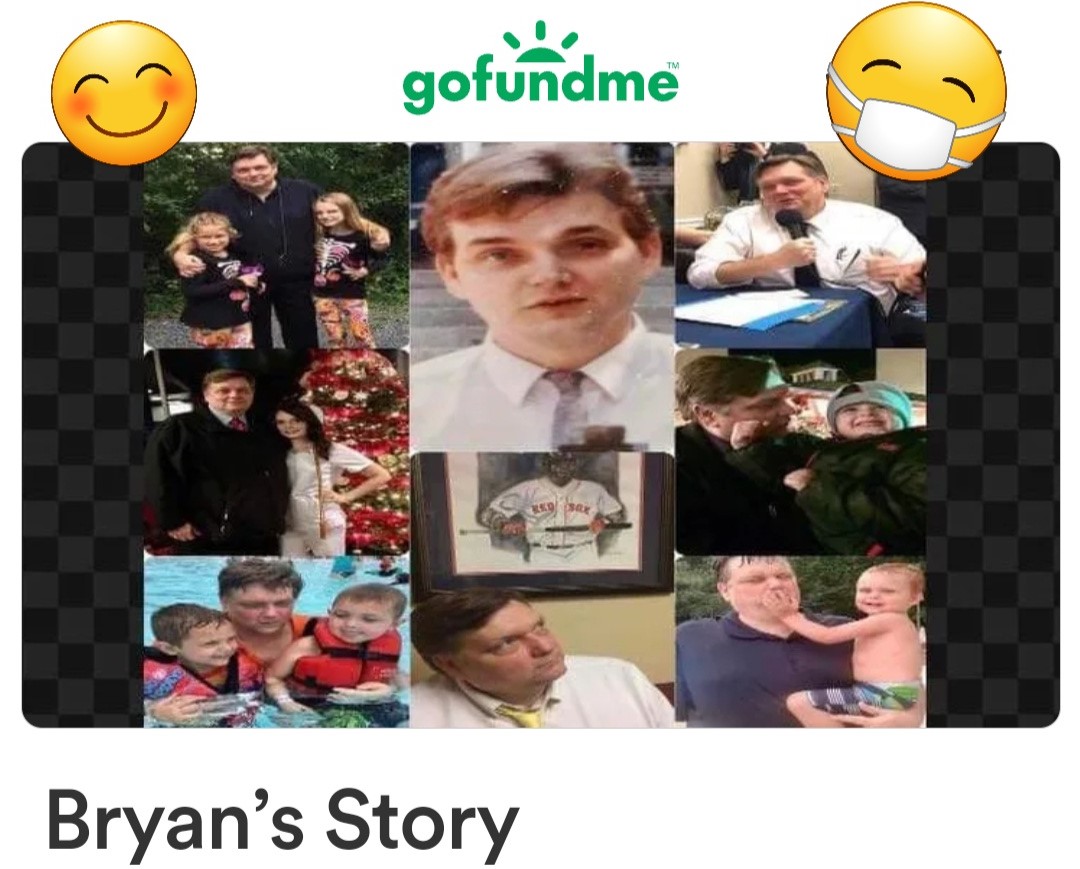March 6th, 2020 by WCBC Radio
Maryland Attorney General Brian E. Frosh is warning Maryland residents to be on guard against scams involving the Coronavirus Disease 2019 (“COVID-19”). Scammers are setting up websites to sell bogus health products that claim to prevent or cure COVID-19, and using fake emails, texts, and social media posts about COVID-19 as a ruse to steal money and personal information.
“Scammers are taking advantage of people’s fear of getting sick from COVID-19. Consumers can avoid being cheated by understanding how these thieves are trying to steal their personal information and money,” said Attorney General Frosh.
Swindlers are posing as authorities, like the Centers for Disease Control and Prevention (CDC) or the World Health Organization (WHO). They send emails claiming to offer updated information about how people can protect themselves from COVID-19. Unsolicited emails from the CDC, WHO, or other “experts” saying they have information about the virus are likely phishing attempts to get money or personal information, or may be attempting to download viruses or malware onto the recipient’s computer. The Attorney General’s office advises Marylanders not to click on suspicious links online or in emails for information, but to seek information about COVID-19 from reliable sources such as government health agencies. For the latest, most accurate information about COVID-19, Marylanders can go directly to the CDC (www.cdc.gov), WHO (www.who.it), or the Maryland Department of Health (www.health.maryland.gov).
There are no approved vaccines, drugs, or treatment products specifically for COVID-19 available for purchase online or in stores. Pitches for any health product claiming to prevent or cure coronavirus are almost certainly fraudulent. The Food and Drug Administration (FDA) warns that fraudulent products not only fail to work, but they could also cause serious injury. Scammers may be promoting their fraudulent health products through newspapers, magazines, TV infomercials, email, social media sites like Facebook and Twitter, and online through websites and popup ads. Complaints against these fraudulent health claims can be filed with the Federal Trade Commission at www.ftccomplaintassistant.gov or the FDA (www.fda.gov).





.jpg)













